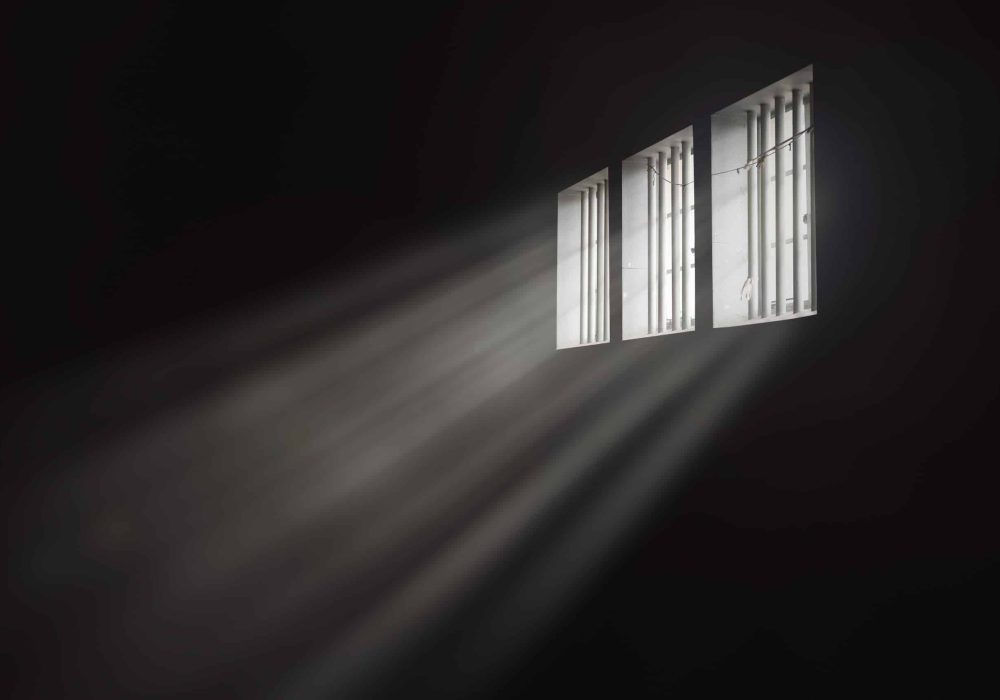Free and open to the public. This event will be held online through Zoom (registration required) and live-streamed to YouTube. Presented by the Catholic Criminal Justice Reform Network and cosponsored by the Catholic Mobilizing Network.
Pope Francis has denounced the use of solitary confinement. He describes it as “torture” employed under the “pretext of offering greater security to society or special treatment for certain categories of prisoners, its main characteristic is none other than external isolation.” The result is the degradation of the human person through the imposed “lack of sensory stimuli, the total impossibility of communication and the lack of contact with other human beings induce mental and physical suffering such as paranoia, anxiety, depression, weight loss, and significantly increase the suicidal tendency.”
Our panel of legal scholars will discuss solitary confinement in light of history and contemporary practice. Professor Andrea Armstrong, whose work was highlighted in the August 16, 2021 issue of the New Yorker, will discuss contemporary conditions of solitary confinement, including its effects on healthcare and mortality in the Louisiana prison system. Her presentation will include art, pictures, and video of solitary cells used recently in Louisiana. Professor David Shapiro will take us back to the beginning of solitary confinement in the United States, discussing his important work on early use of solitary confinement in the Walnut Street Jail. This groundbreaking work was published in the Harvard Law review. Finally, Professor John Stinneford will endeavor to tie present and past together by discussing the relationship between solitary confinement and the American punishment tradition. The panelists will also discuss constitutional, statutory, and administrative approaches to solitary confinement However, we must discuss these varied views regarding the the legality of solitary confinement in light of Pope Francis’s question: Can depriving a human being of the company of other humans ever be just?

